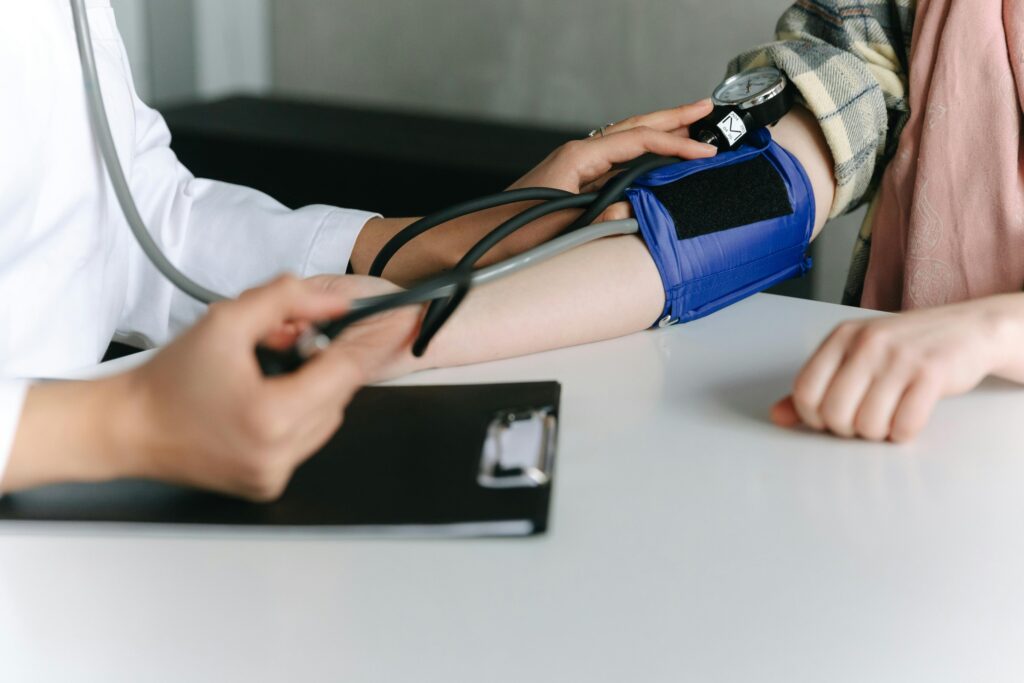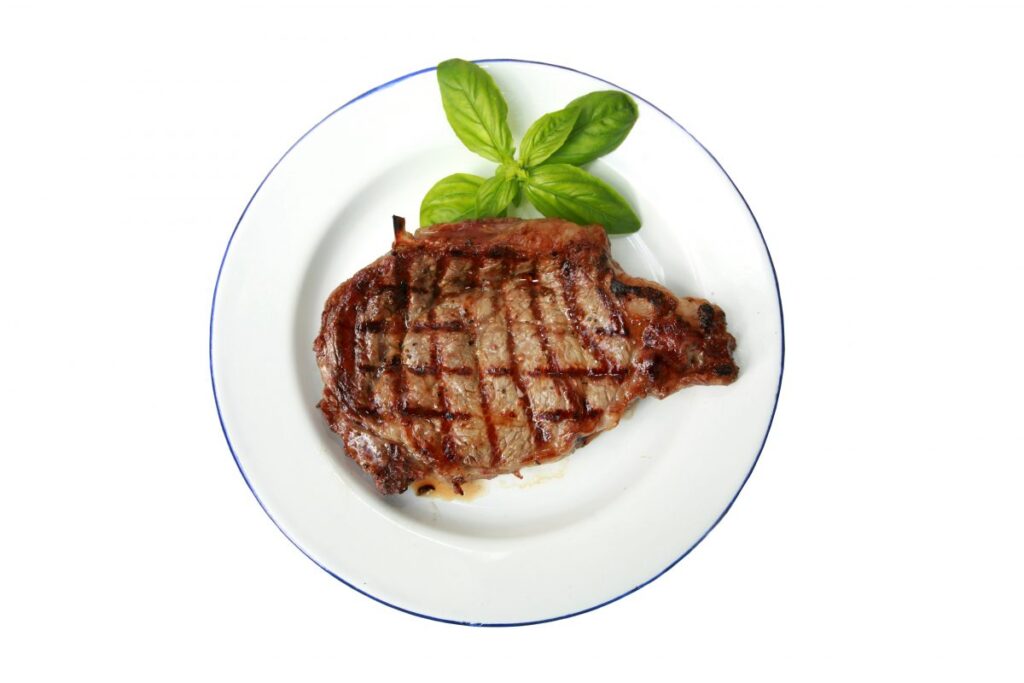Work With a Doctor Who Really Gets It
Looking for a more individualized approach to your health? Confused about how all the contradictory health advice applies to you? Looking to break free from our failing healthcare model? We have you covered.
Request a medical consult from Dr. Scher today!
Let’s Talk
Send us a message and let us know how we can help you.
Consult With Dr. Scher
The initial consultation is $1,495. Contact Dr. Scher today to see if you qualify.
You can take charge of your health.
Let Dr. Scher show you how.
Let’s Talk
Send us a message and let us know how we can help you.
Meet Dr. Scher, MD
The Low Carb Cardiologist

Hi, I’m Dr. Scher, and I’m changing the direction of preventive cardiology to better serve more people like you with the care you deserve. I’m also the CEO and Lead Physician at Boundless Health and the Low Carb Cardiologist. I spent the past 15 years as a frustrated board-certified cardiologist. My patients weren’t achieving their optimal health, and I didn’t have the time or resources to guide them. That’s why I sought out additional certifications in lipidology, nutrition, personal training, functional medicine, and behavioral change.
It is through this specialized training and working with thousands of patients I recognized how to provide better care. Your health is too important to trust to guidelines designed for the ‘average’ person. You are not average, nor should you want to be!
I’m glad you’re here. It tells me you know you deserve better care. I can’t wait to get started finding your path to true health.
Bret Scher, MD FACC
Board Certified Cardiologist and Lipidologist
Yes, People LOVE Dr. Scher’s Approach
Dr. Scher’s six-month program has been helping me make progress on my health journey. I started the program five months ago after I decided to get more serious about my health and reduce my coronary heart disease (CHD) risk by making healthy diet and lifestyle changes.
The program is not only providing me with excellent video and written content that helps me progressively realize my health goals with effective plans of action, but also individualized attention via email and with monthly video calls with Dr. Scher. I’m grateful for this individualized attention and for Dr. Scher’s insights and suggestions. His advice has honored my preference to continue following a low-carbohydrate lifestyle and has helped me select appropriate macronutrient targets such as daily intake of carbohydrates and protein based on my goals and his review of my medical history and lab test results.
Ken Carrillo
Chemical Engineer
I recently had a one-on-one Health Coaching Consultation with Dr. Bret Scher. I cannot adequately express the gratitude and respect I have for Dr. Scher. He took the time to consider all facets of my health and really listened to me and my concerns. He was not quick to insist I be on prescription medications, but rather he explored various avenues of suggested treatment/preventative measures I might consider taking…guiding, as opposed to dictating a plan of of action. The consultation was well worth my time and money! Loved his approach so much that my husband and I have decided to work with him long distance.
Jami Miltenberger
MS Counseling Psychology

Did you know changing the way you eat may be able to normalize your blood pressure completely? For many people it’s true. But what’s surprising is that it isn’t changing to the diet that most doctors and dieticians recommend.
The DASH diet, Dietary Approach to Stop Hypertension, has long been the “go-to” diet for reducing blood pressure. The DASH diet is a high carbohydrate, low fat diet that recommendseating plenty of fruits, veggies, whole grains, and limiting salt and saturated fat. And while that works for some people, many others can normalize their blood pressure with a nearly opposite approach.
A 2023 study published in The Annals of Family Medicine, demonstrated that a very low carbohydrate diet with no limitations on the amount of salt or the amount or type of fat eaten was better at lowering blood pressure compared to the DASH diet.
Many wonder how this could be, but the answer is pretty straightforward.
Poor metabolic health, from insulin resistance to type 2 diabetes, is a leading cause of high blood pressure. And low carb diets are one of the best lifestyle approaches for improving or even normalizing metabolic health. Therefore, it makes complete sense that a low carb diet would be highly effective at normalizing blood pressure.
Of course there are many other ways to improve blood pressure, such as quitting drugs, tobacco and alcohol, getting regular exercise, managing stress, etc. And these are very important. But since everyone has to eat, it is powerful to eat in a way that can normalize blood pressure.
Let’s explore four ways how low carb diets can help blood pressure.
1- Weight loss
Having overweight or obesity is a strong contributing factor to high blood pressure. And while low-carb eating isn’t the only way to lose weight, it tends to be as good as or even better than low fat eating for weight loss. Some publications even demonstrate weight loss on par with highly effective GLP1 weight loss drugs like Ozemipic and Wegovy.
2- improved metabolic health
As mentioned, metabolic dysfunction is a clear trigger for elevated blood pressure. And while low carb eating isn’t the only way to improve metabolic health, it is likely the most effective dietary pattern for improving metabolic health, and can even do so with or without weight loss.
3- Ketosis
If someone lowers their carbohydrate intake enough, they can enter a state of ketosis, a normal physiologic state where we burn primarily fat for energy instead of carbohydrates. When this occurs, our insulin levels drop to a normal level and we have a natural diuresis, meaning we eliminate sodium and water more than usual. This can help lower blood pressure above and beyond weight loss.
4- Avoiding processed foods
Most well formulated low carb diets avoid highly processed junk foods like potato chips, candy, doughnuts, etc. that can lead to high blood pressure. So, simply eliminating these foods can also contribute to lower blood pressure.
What about salt?
One of the big misconceptions about blood pressure is that we all need to lower our salt intake for better blood pressure. However, this appears to be a gross over-generalization. There’s a growing understanding that a minority of individuals have “salt sensitive” hypertension. This means that the majority are unlikely to affect their blood pressure by altering their salt intake.
Furthermore, where we get our salt likely makes a difference. For insurance, if someone is getting their salt from highly processed foods like chips, pretzels, etc, they are hit with an ultra-processed combination of salt, calories, carbs, and sugars that is bound to raise blood pressure.
But what if someone is eating whole foods like broccoli, cauliflower, steak, and avocado, and they add salt to that meal? Clinical experience suggests our bodies react much differently to this type of salt exposure, and people can dramatically lower their blood pressure despite adding salt to their diet.
Low Carb Eating Works
So while it may not be the right approach for everyone, it is increasingly clear that eating a well-formulated low carb diet is a safe and effective way to lower blood pressure. It’s time to include low carb diets as a first line treatment option for normalizing blood pressure.
Thanks for reading!
Bret Scher MD FACC

Can you find a more polarizing topic than statins? One article says they are miracle drugs that should be given to everyone. Then you turn the page, and you read how they are poison and you should stay away from them no matter what. How can one drug cause such differing views? And which should you believe?
The statin debate has intensified ever since the 2013 ACC/AHA cholesterol treatment guidelines increased the number of people without heart disease who “should” take a statin to 43 million Americans. That is for primary prevention, meaning the individual has never had a diagnosis of cardiovascular disease, never had a heart attack, and never had any type of a heart problem.
As you can imagine, this has been a windfall for the drug companies. But are we healthier and better off as a result? That is unknown.
The problem is understanding the bias of whoever is writing the story.
Subtleties of Science
But wait, you say. Won’t the science tell us if statins are good or not? Isn’t it an objective fact if they are good for us?
Not so fast. Beauty is in the eye of the beholder, and so is the application of science.
Are you getting advice from someone who believes prescribing more medicine is better? Or someone who believes a more natural lifestyle is better?
Are you reading a report sponsored by the pharmaceutical company that paid for the research?
Or are you getting advice from a scientist who is more focused on statistical benefits, or someone who is more concerned with the potential benefit for the one individual they are taking care of at the moment?
It is a confusing sea of conflicting information, and you have to find which approach resonates more with your beliefs and your life.
The Three Keys
Regardless of who you are and your beliefs, I promised you the three most important things you need to know about statins. Here they are:
- All statin studies are worthless! That’s right. All statin studies that have been done to date are worthless and don’t apply to anyone who follows healthy lifestyle principles.
- Statins will not prolong your life. Not at all. Not for a single day.
- Statins DO reduce your heart attack risk, by about 0.7% over 5 years.
All of a sudden, statins don’t seem so powerful, do they? Let’s go deeper into these points to learn why.
1-All Statin Trials Are Worthless
When designing a trial, you have to decide what your control group is going to be. You have to show that the drug is better than something. The key is defining what that something is.
Therein lies the problem. In order to show beneficial effects, primary prevention statin trials need thousands of subjects, studied over years. That is very expensive to do. The vast majority of trials, therefore, rely on drug company funding.
Do you think they are going to fund a trial that makes it easier or harder to show a benefit? Of course, that was a rhetorical question.
Pharma companies don’t have an interest in your health and wellbeing. Their priority is to their stock holders and their bottom line. They are going to sponsor trials that are most likely going to benefit them.
How does this make the trials worthless? They compare statins to “usual care.” That means a brief, and ineffective attempt to educate people about healthy nutrition and physical activity.
In addition, the specific nutritional guidance that was used has always been a low-fat diet. As we now know, what does a low-fat diet usually include? Lots of sugars and simple carbohydrates. What does that diet do? Increase your risk of obesity, diabetes, inflammation, and eventually heart disease.
That’s setting the bar pretty low to show a benefit from statins. And that is exactly what the drug companies want.
What we need is a control group that is involved in a comprehensive lifestyle intervention program. A program that helps participants get regular physical activity. Helps them eat vegetable based, real food, low in added sugars and simple carbs, and high in natural healthy fats.
Since that is the way we should all be living, THAT is what the control group should be. I guarantee you, the results would be far different compared to the standard control groups used to date.
That is the trial the drug companies never want to see and will never fund. And that is why all statin trials to date are worthless.
If you can focus on proper lifestyle interventions, using healthy foods, physical activity and stress management as medicine, then we have no idea what effect, if any, statins would have. But I assure you it will be minimal if any benefit.
2-Statins Will Not Prolong Your life
You read that right. For people who have never had heart disease before, the multi-billion dollar drug won’t help you live longer. The overwhelming majority of primary prevention trials involving statins show no difference in overall mortality between those who took the drug and those who did not.
That surprises a lot of people. Statins are promoted as if they are wonder drugs that save lives left and right. That’s good marketing and good PR. Reality is far different.
If they don’t help you live longer, they must increase the quality of your life, right? Nope. In fact, 30-40% of people on statins will experience muscle aches and weakness causing them to exercise less and decreasing the overall quality of their lives.
So, if they don’t help us live longer, and they don’t increase the quality of our lives, why do we take them????
3-Statins DO Reduce Your Heart Attack Risk
If the news was all bad there wouldn’t be any debate about their use. But the truth is that statins do reduce the risk of heart attacks, and that is why in some cases it may be beneficial for you to take one.
But the big question is: How much do statins reduce your heart attack risk? The answer is not as much as you would think. Considering the recommendations keep getting more and more aggressive for statin therapy, you would think statins would be immensely powerful at reducing heart disease risk.
In reality, they reduce the risk of a heart attack by 0.7-1.5% over 5 years. That means you need to treat 66-140 people for 5 years to prevent one heart attack. (as an aside, for people with pre-existing heart disease, so called secondary prevention, you need to treat approximately 40 people for 5 years to prevent 1 heart attack and 85 people to prevent 1 death)
When presented like that, it should certainly temper the enthusiasm for statin therapy. Again, it may still be the right choice for some people, but given the potential risks and side effects, I would hope for a much greater benefit.
Better Than Statins
A common response is that statins are “the best we have to offer” to reduce one’s risk of cardiovascular disease. If you are talking about a drug manufactured in a laboratory, then that would be correct. But what else are options?
It turns out following a Mediterranean eating pattern with vegetables, fruit, fish, legumes, and lots of nuts, olive oil and avocados reduces the risk of cardiovascular events as well. For something as simple as nutritional choices the benefit must be much less than a statin, right?
That is what the drug companies would want you to believe. In reality, you need to “treat” 61 people with the Mediterranean diet for 5 years to reduce 1 cardiovascular event (a “combined endpoint” of stroke, heart attack or death).
To be fair, you cannot compare one trial to another as they have very different populations studied, and the outcome measures are different. So, it is not scientifically fair to say, “The Mediterranean diet has been proven to be more beneficial that statins.” That would require a head-to-head trial. Unfortunately, that trial is unlikely to ever happen.
But it makes for an obvious answer when asked “If statins aren’t all that helpful, what else can I do to reduce my risk of cardiovascular disease?
- Follow a real food, vegetable-based, Mediterranean style diet, low in sugar and high in healthy fats.
- Maintain a physically active lifestyle.
- Exercise with some form of moderate cardio exercise, resistance training and higher intensity interval exercises.
- Practice stress reduction techniques.
- Don’t smoke.
- Manage your other risk factors such as diabetes and high blood pressure.
If you can follow these healthy lifestyle principles, you will be doing far more for your health than any pill you could take. And the best part? The only side effects are having more energy, feeling more empowered, and reducing your risk for chronic diseases. Sounds like a good trade off to me!
Thanks for reading.
Bret Scher, MD FACC
Cardiologist, author, founder of Boundless Health
www.DrBretScher.com

Do we have to avoid meat if we have high homocysteine levels? Not really.
What our body does with homocysteine is more important than our food intake. I thought this was easier to explain in video form, so you can see my 4 minute explanation here:
The bottom line is we need to know our methylation status, make sure we have adequate levels of folate, B12 and B6, and make sure we have adequate choline (found in egg yolks). If all those are perfect, and we still have elevated homocysteine, then we may want to experiment with a diet low in methionine to see if it makes a difference.
As always, however, we have to evaluate our overall health picture and not get too hung up on one blood marker. The more important questions to ask are how does homocysteine affect my overall health, and how will altering my supplements or diet change the big picture?
Hopefully this helps! Let me know if you have any comments or questions.
Thanks for reading (and watching!)
Bret Scher MD FACC
START A CONVERSATION
Connect with Dr. Scher to see if you qualify for the consultation.
Let’s Talk
Send us a message and let us know how we can help you.
